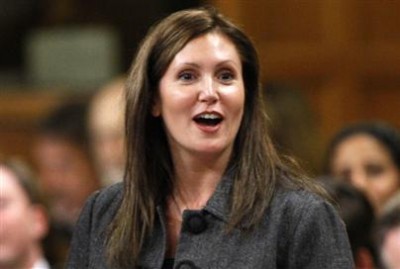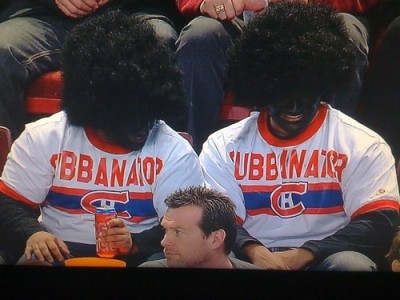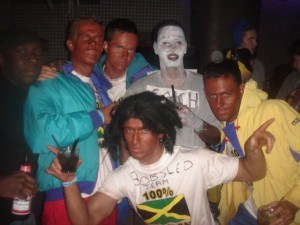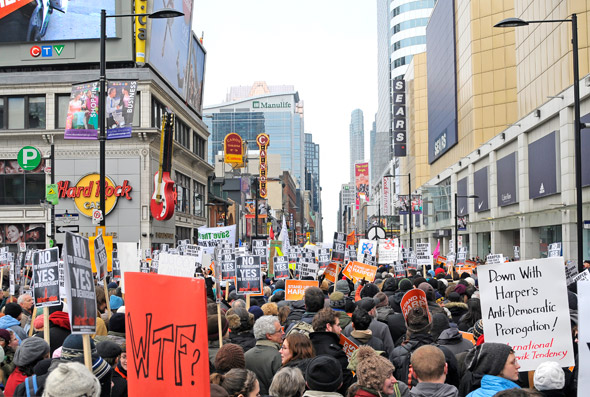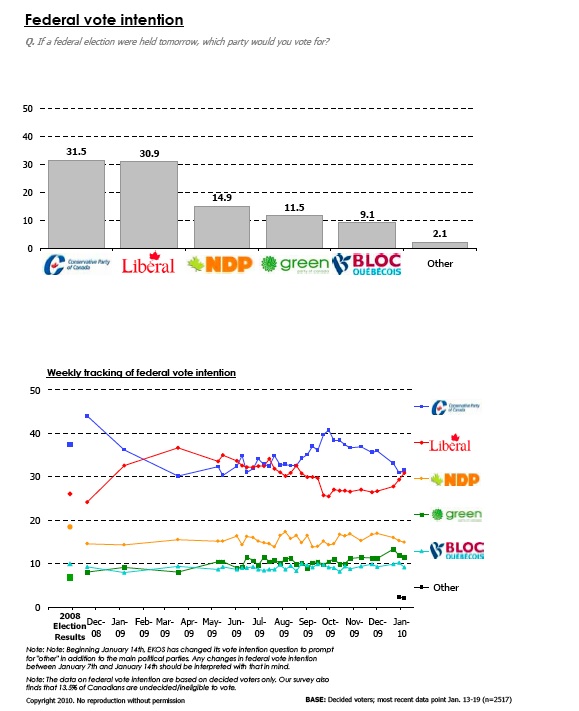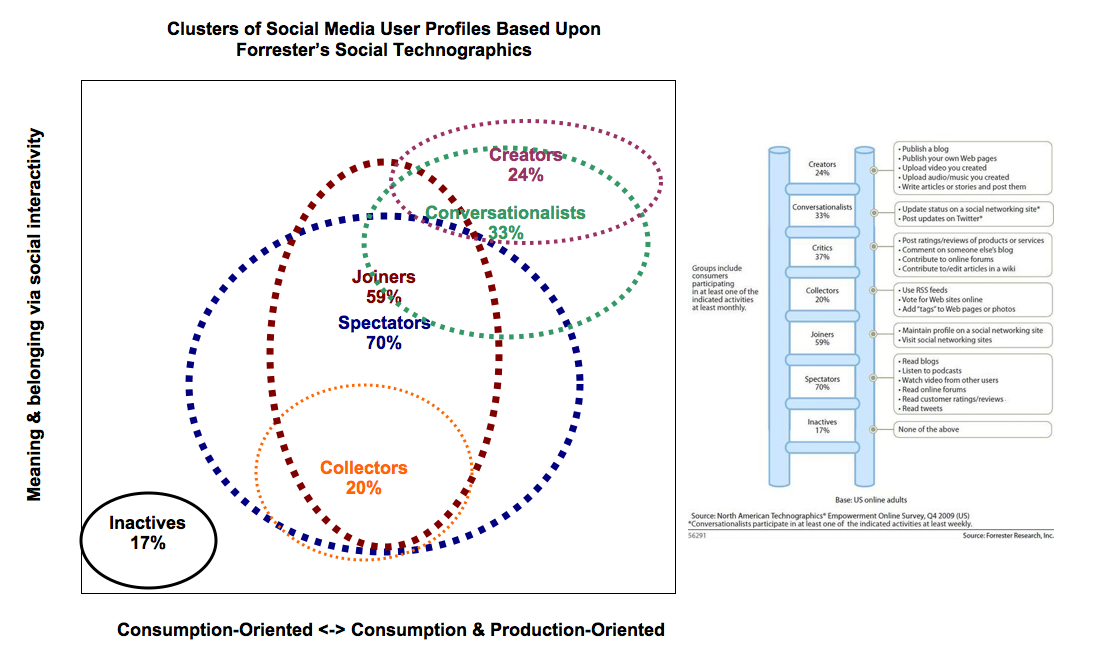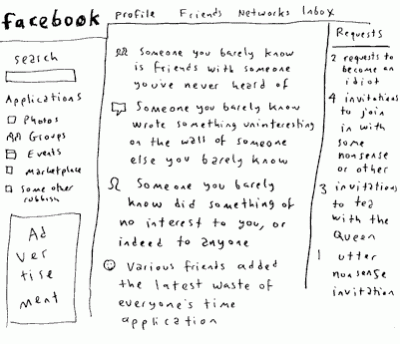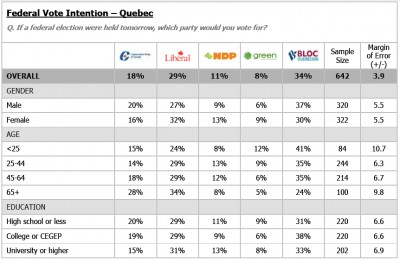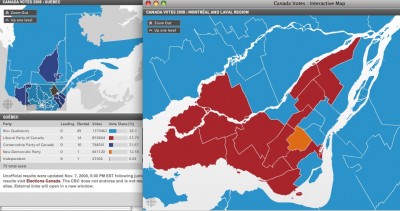This is video circulating that might turn into a meme, but it’s not that exciting. It involves a right-wing candidate for Parliament in the UK getting into an altercation with local South Asian youths. The British National Party candidate, Bob Bailey, made a reference to the youths as “robbers” that caused them to come over. After some words, one of them spat at Bailey and a scuffle ensued. It looks like nobody was hurt and just some egos got bruised.
I’m not sure if the youths even knew who Bailey was, but his views might explain his interest in engaging them. Last June, Bailey went on the record stating his concerns about Islam, how the “British” birth rate is below the Islamic birth rate in the UK, and his looking out for the white indigenous population of Britain {go to 1:33 to see Bailey in an interview-via Iranian PRESS TV}::
Bailey lost the election and finished in 4th. place. The Conservatives won the outer east London constituency of Romford.
Song:: The Specials-‘Simmer Down’
Twitterversion:: British National Party candidate taunts S.Asian youths, gets spat on, & a scuffle ensues—a perfect YouTube moment. @Prof_K

